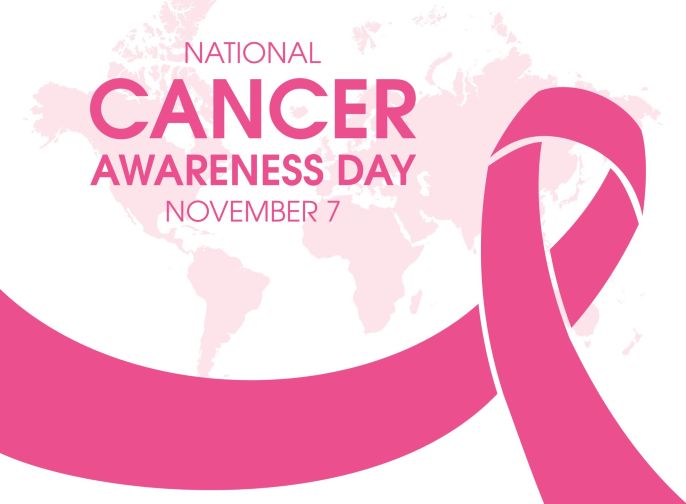Preventive Screening: Why Cancer Checks Should Start in Your Twenties

National Cancer Awareness Day falls on November 7 2025
Team L&M
Being proactive with healthcare is crucial for maintaining excellent health, in addition to healthy food and physical activity. Regular check-ups and preventive tests can identify potential health issues before symptoms appear.
“Your 20s and 30s set the groundwork for long-term health,” says Dr. Aakaar Kapoor, Founder & Designated Partner, City Imaging and Clinical Labs. Making routine check-ups a part of your self-care regimen protects your present while also investing in a healthier, more confident future. It is critical to follow guidelines for cancer screening examinations. “Screening tests are used to detect cancer in patients with no symptoms. Regular screening increases your chances of detecting cancer early, while it is still small and hasn’t spread,” he adds.
Recommended cancer screening tests
Shedding light on the screening tests for cancer, Dr. Pratik Patil Consultant Oncologist at Jupiter Hospital, Pune says that cancer screenings are recommended for those at average risk, including for breast cancer, Cervical cancer, and Colon cancer. “According to studies, the benefits of screening for certain tumours far outweigh the dangers. They save lives,” he adds.
Cervical Cancer Screenings
“Cervical cancer screenings should begin around age 21,” says Dr. Parveen Jain, Senior Consultant & HOD – Oncology, at Aakash Healthcare. “Doing so can detect precancerous cells that can develop into cancer. They can reveal symptoms of an HPV infection, which can lead to cancer. The tests include Pap smear detects cancer and precancerous cells. The HPV test detects high-risk HPV strains that cause cervical cancer. The cervical cancer screening guidelines are for those aged 21-29, a Pap smear is recommended every three years. For those aged 30-65, it is recommended to have a Pap smear and HPV test every five years, or every three years,” he adds.
Breast cancer screenings
Echoing similar views Dr Aditya Vidushi, Sr. Consultant & Head Unit – III, Medical Oncology Asian Hospital says, “Breast cancer tests for persons with an average risk should begin at age 40. Current standards recommend getting a mammogram every year. According to research, regular mammograms can detect breast cancer at an early stage, making it easier to cure. They reduce the number of breast cancer-related fatalities. If your risk of breast cancer is higher than usual, you may require more frequent screenings or extra procedures, such as a breast MRI.”
Colon Cancer Screenings
People with an average colon cancer risk should begin screenings at the age of 45. Colon cancer is one of the leading cause of death. However, screenings can discover colon cancer when it is still treatable. Screening tests can identify noncancerous polyps that have the potential to become cancerous, allowing doctors to remove them. Colon cancer screenings usually involve getting a colonoscopy every 10 years.
Beyond these, it’s also important to assess your personal and family history with your healthcare provider. If you have a strong family history of certain cancers, genetic counselling or earlier screening may be advised. Remember, prevention and early detection are far more powerful and far less stressful than treatment after the disease has advanced. Taking charge of your health in your 20s and 30s lays the foundation for a healthier tomorrow.


